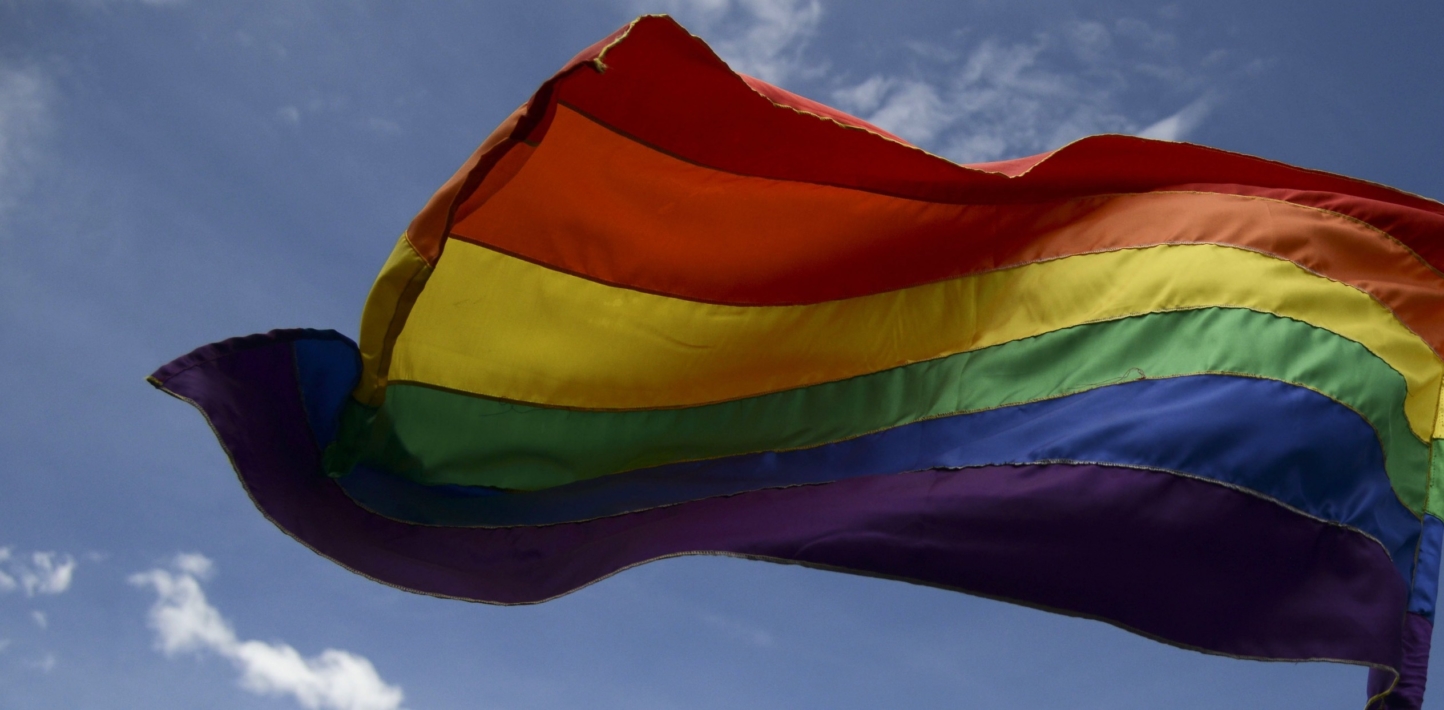The case of a 22-year-old student sentenced to one year in prison for engaging in “homosexual relations” has finally sparked public debate on same-sex relations in Tunisia. Yesterday, the Minister of Justice Mohamed Salah Ben Aissa made a ground-breaking public call for the decriminalization of same-sex relations.
A court in Sousse convicted the man, known under the pseudonym Marwan, on 22 September after forcing him to undergo an anal examination to establish “proof” of anal sex. Amnesty International considers people who are arrested and detained solely on the basis of their sexual orientation or gender identity to be prisoners of conscience.
On 6 September, police had summoned Marwan in relation to the murder of a man in Sousse. When he denied any involvement in the crime, but admitted to having sex with the victim reportedly after the police threatened to bring a murder charge against him, he was charged with “sodomy” under Article 230 of the Penal Code which carries a maximum three-year prison sentence. The article also criminalizes “lesbianism” although it is rarely used to detain lesbian women.
Tunisia’s lesbian, gay, bisexual, transgender and intersex (LGBTI) activists quickly adopted Marwan’s case. Such groups have become increasingly vocal in recent months, emboldened by the creation of a new, more liberal, coalition government earlier this year. They have campaigned against the criminalization of consensual same-sex relations stressing that it violates two key rights guaranteed under Tunisia’s new Constitution – the right to a private life and non-discrimination.
Some groups have even launched an online campaign calling for an end to forced anal examinations – an unprecedented move in Tunisia.
Speaking in a media interview days after Marwan’s sentencing, Minister of Justice Mohamed Salah Ben Aissa acknowledged that Article 230 violates the constitutional right to private life and should be repealed. Tunisia’s human rights defenders must seize this momentum and change the course of the country’s discourse on this issue to ensure that words are turned into action.
Sadly, Marwan’s case is not isolated. As part of its campaign to end sexual and gender-based violence in Tunisia, Amnesty International has recently documented several cases of arrest, detention and prosecution of gay men between 2009 and 2014, but activists say that many more go unreported.
Gay men in Tunisia have told Amnesty International that they were arrested purely because they appeared to look “effeminate” or because they were seen speaking to another man in an area known to the police to be frequented by gay men. Like Marwan, many were arrested without evidence, and were forced to undergo an anal examination to establish proof of anal sex despite the fact that there is no scientific basis for such invasive examinations. Amnesty International believes forced anal examinations amount to a form of torture or other ill-treatment.
In other cases, transgender individuals told Amnesty International that they were arrested and prosecuted for offending public morals merely because they do not conform to established gender stereotypes and social norms.
But the impact of these laws reaches far beyond the constant risk of arrest and prosecution. Around the world, the criminalization of same-sex relations fosters violence against LGBTI people and creates a permissive environment where they can be subjected to police abuse and harassed and intimidated by their families and communities. Unfortunately, Tunisia is no exception.
Amnesty International has spoken to LGBTI people who have been stabbed or slashed with knives, kicked in the head, burnt with cigarette butts and threatened with death because of their gender identity or sexual orientation. Their reports to the police however, were often dismissed or ignored because of provisions in Article 230.
Amnesty International has spoken to LGBTI people who have been stabbed or slashed with knives, kicked in the head, burnt with cigarette butts and threatened with death because of their gender identity or sexual orientation.
Magdalena Mughrabi, North Africa Researcher Amnesty International
In some cases, instead of duly investigating these homophobic and transphobic crimes – as is their obligation under international law – the police warned or openly threatened survivors, including lesbian women, to drop their complaints if they did not wish to be prosecuted themselves. In other cases police officers have exploited LGBTI people’s fears of prosecution to subject them to blackmail, extortion and, at times, sexual abuse. Gay men and transgender individuals who do not want to be arrested are often forced to bribe police officers and give up their phones or other valuables.
Because of this, LGBTI survivors of rape and other sexual assault are often reluctant to come forward and report such attacks to the police.
The criminalization of consensual sex between same-sex partners whether in Tunisia or elsewhere in the world is contrary to international law and standards.
The recent moves to open up real, public debate on LGBTI rights offer a glimmer of hope that Tunisia is finally taking small but crucial steps in the right direction for progress on this issue.
Ultimately, only through repealing Article 230 of the Penal Code and decriminalizing consensual same-sex relations once and for all, will the Tunisian authorities have any hope of providing adequate protection against violence and safeguarding against discrimination.
Magdalena Mughrabi
But ultimately, only through repealing Article 230 of the Penal Code and decriminalizing consensual same-sex relations once and for all, will the Tunisian authorities have any hope of providing adequate protection against violence and safeguarding against discrimination. The Tunisian authorities should immediately release Marwan and embark on a process of amending legislation to ensure that no one is arrested and prosecuted on the basis of their gender identity and sexual orientation.


